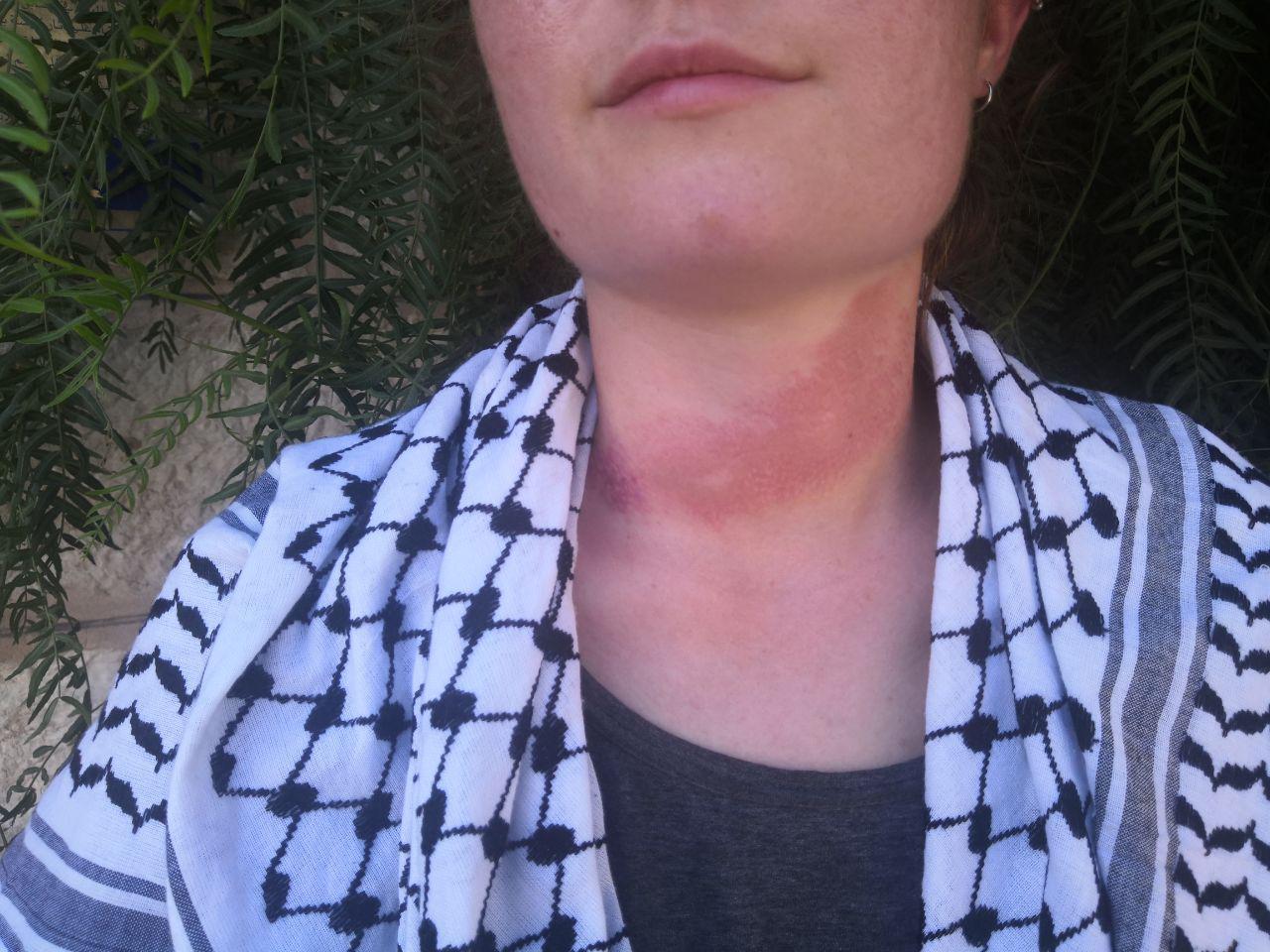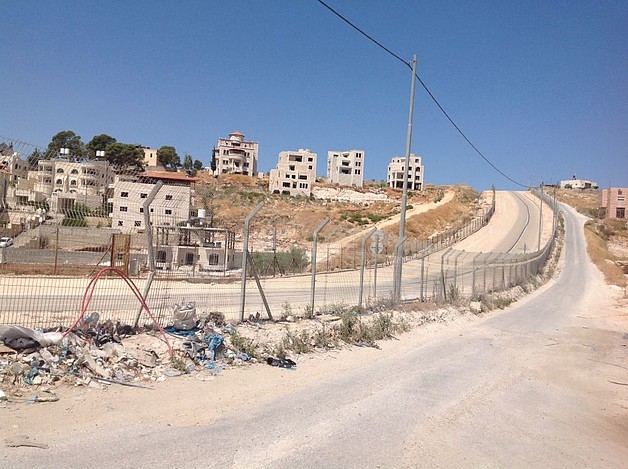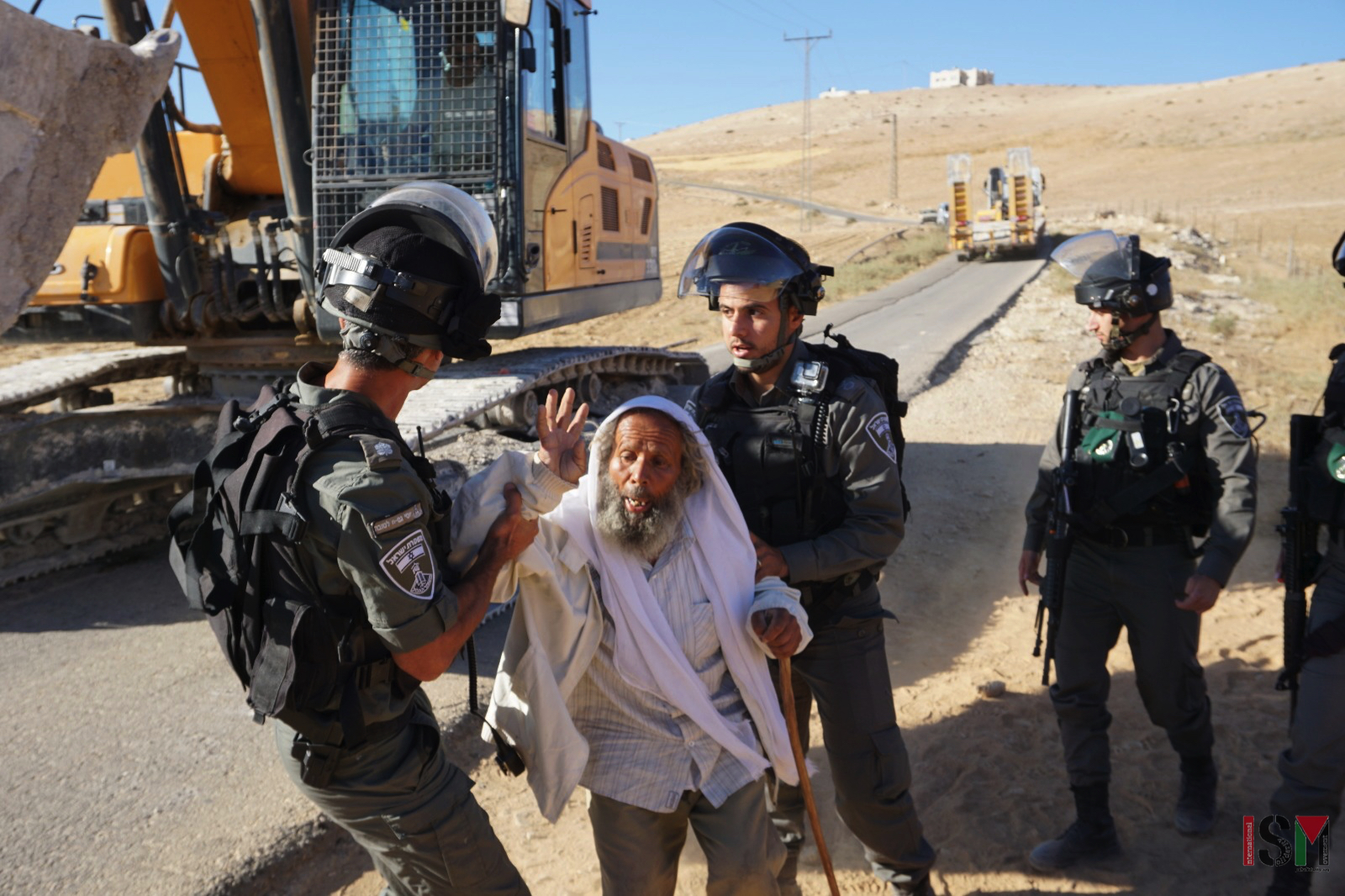Tag: House Demolition
-
Palestinians and British ISMers hospitalized in sadistic and brutal display of violence by Israeli soldiers in East Jerusalem demolition
July 23 2019 | International Solidarity Movement | Sur Baher, East Jerusalem occupied Palestine Two Palestinian families lost their homes yesterday in unprecedented mass demolitions in East Jerusalem carried out by 900 Israeli soldiers who hospitalized Palestinians and ISMers in a sadistic and brutal eviction operation. During the invasion of the two occupied buildings Israeli…
-
Mondoweiss: Israel is planning on demolishing dozens of East Jerusalem homes under PA control
July 18 | Yumna Patel | Mondoweiss In less than 24 hours, 42-year-old Ismail Obeidiya, his wife Nida, and their six kids, could be made homeless. It’s a terrifying reality that Obeidiya is struggling to grapple with, his unease and frustration more palpable with every word. “We fought so long and so hard, for years,…
-
Livelihoods destroyed in two days of demolitions in South Hebron Hills
July 4 | International Solidarity Movement | South Hebron Hills, occupied Palestine The South Hebron Hills have faced two consecutive days of demolitions starting early yesterday morning, with bulldozers destroying water wells and uprooting over 500 trees in two villages. An elderly Palestinian activist from Um al-Khair was also hospitalised yesterday after being violently…



